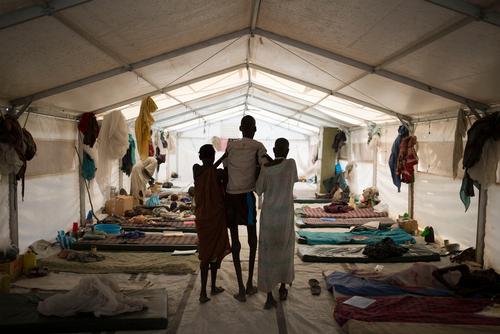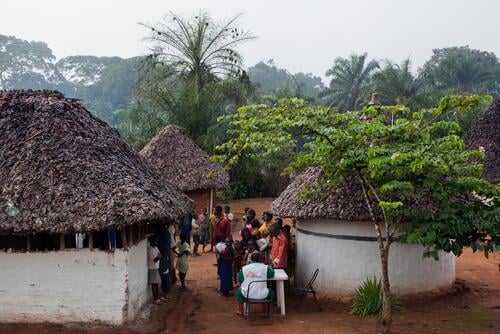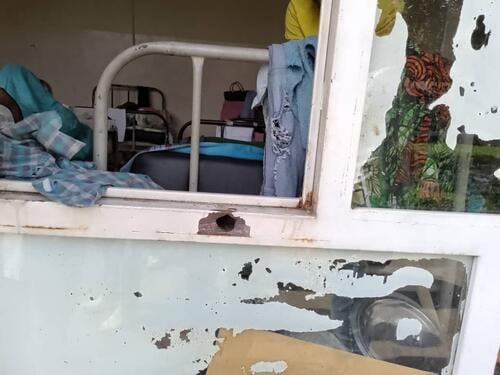Patients with neglected tropical diseases (NTDs) need better access to diagnosis and to treatment that is safe and effective, said Médecins Sans Frontières (MSF) in a new report, Overcoming neglect, that calls for an improved global response to NTDs in order to prevent further deaths and disability.
“NTDs almost exclusively affect people living in extreme poverty,” said Dr Christos Christou, MSF’s International President. “As a result, there are no vaccines, diagnostic tools are limited, and treatments are far from optimal and often unavailable or unaffordable for many of these deadly and debilitating diseases.”
Despite much progress in the fight against NTDs, some of the most life-threatening diseases remain far from elimination or even control and continue to claim hundreds of thousands of lives every year. The launch of a new road map for NTDs by the World Health Organization presents an opportunity to support the development of treatments, vaccines, and diagnostic tools for NTDs. Its ambitious targets include eliminating at least one NTD in 100 countries and reducing by 90 per cent the number of people requiring medical interventions for them by 2030.
But the new road map comes at a time when the COVID-19 pandemic threatens progress towards the control and elimination of NTDs. NTD programmes have been disrupted, fragile health systems are under even further strain, and there are alarming indications that resources for NTDs will be diverted and funding reduced. There is a real risk that NTDs could slide into further neglect, the significant achievements over the past years are reversed, and that even more lives are lost to NTDs.
“Despite the challenges, we can overcome the neglect,” said Dr Christou. “With commitments, funds and better tools to find, diagnose and treat patients, we can make NTDs diseases of the past.”
MSF has been providing direct care to patients with neglected tropical diseases (NTDs) for more than 30 years, with a focus on the most deadly and overlooked diseases in this group of illnesses. In that time, hundreds of thousands of patients have been treated who otherwise may not have survived. Many had life-threatening parasitic infections such as kala azar (visceral leishmaniasis or VL), Chagas disease (American trypanosomiasis) or sleeping sickness (human African trypanosomiasis). Some were affected by noma, a deadly bacterial disease so neglected that it is not yet recognised as an NTD. Others were the victims of snakebite envenoming, the medical condition resulting from a snakebite, which causes more death and disability than any other NTD.






